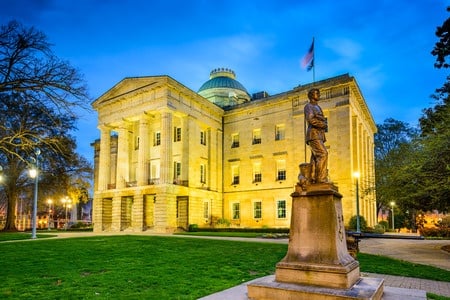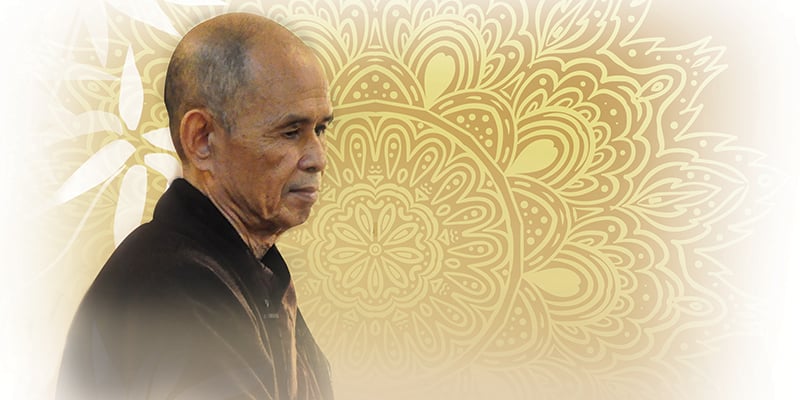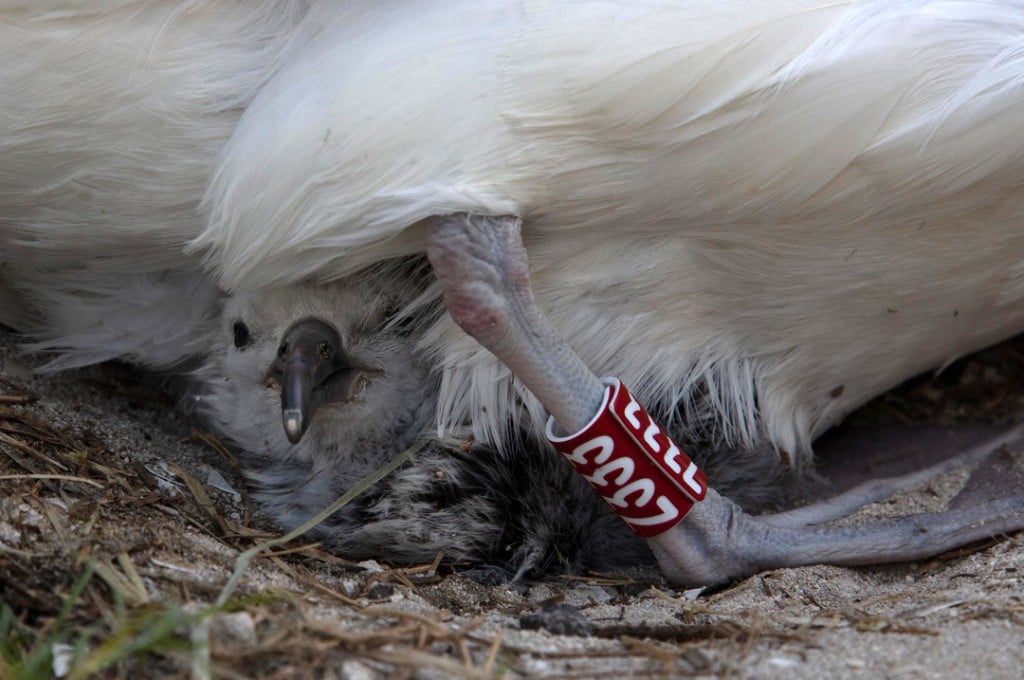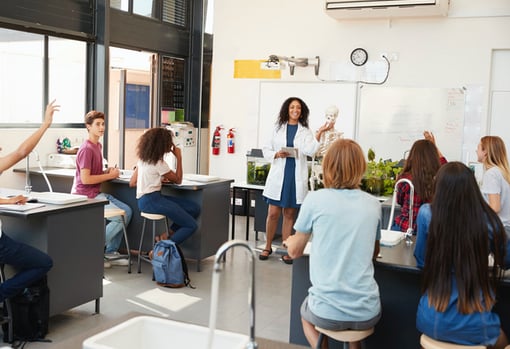Good News Headlines 6/17/2024
“Grandmother Of Juneteenth” Opal Lee Moves Into New Home On Family’s Former Lot In Fort Worth
by Julia Falcon, CBS News
After 85 years, the “Grandmother of Juneteenth” is moving back home. The home that Opal Lee lived in as a child was burned down on June 19, 1939, when hundreds of white rioters gathered to harass, vandalize, and run her family out of the neighborhood. Although she was only 12 at the time, Lee has said that she never lost hope of someday owning her family’s lot on the south side of Fort Worth. “Just to know that there might be children that we could have played with, that we might have known their families,” Lee told CBS News Texas. “We just wanted to be good neighbors, that’s all.”
Melinda Gates Is Giving $1 Billion To Support Women’s Rights–And Families With Young Men, Too
by Andy Corbley, Good News Network
Melinda French Gates has recently announced that she will begin a new chapter of philanthropy by committing $1 billion of her personal fortune to assist in welfare programs that support women around the country, and the world. Ms. French Gates, now divorced, who recently announced she was resigning from her executive role in the Bill and Melinda Gates Foundation, claimed in an op-ed that only 2% of charitable giving in the United States goes to organizations focused on women and girls. In her op-ed French Gates gives a rough outline of what this small percentage is attempting to combat.
Climate Scientist Susan Solomon: ‘Let’s Not Give Up Now – We’re Right On The Cusp Of Success’
by Killian Fox, The Guardian
Susan Solomon got her PhD in atmospheric chemistry from the University of California, Berkeley. She is known for her work in the 1980s which established how the Earth’s protective ozone layer was being depleted by human-made chemicals. Her studies formed the basis of the 1989 Montreal protocol – an international agreement that helped eliminate 99% of these harmful solvents. Now a professor of environmental studies and chemistry at MIT, Solomon is the author of three books, the latest of which, Solvable: How We Healed the Earth, and How We Can Do It Again, applies lessons from past environmental successes to the climate crisis.
Restoring Indigenous Aquaculture Heals Both Ecosystems And Communities In Hawai‘i
by Keona Blanks, Mongabay
For generations, native Hawaiians have understood that their aquaculture systems, fishponds known as loko i‘a, serve as nurseries that seed fish populations in surrounding waters. A team of scientists from the Hawaiʻi Institute of Marine Biology (HIMB) have modeled this feat of Indigenous science in a study. “We are using science to translate ‘ike kupuna, or Indigenous knowledge, into policy,” said study co-author Kawika Winter, an ecologist at HIMB and He‘eia National Estuarine Research Reserve (NERR). “The value of this paper is that it’s one of the first, if not the first, to really show that there are ways to do aquaculture in ways that benefit the system around it.”
He Sought Asylum. She Was Seeking To Help. Friday, He Graduated From Law School.
by Christa Case Bryant, The Christian Science Monitor
It had been decades since Fred Mbuga had a mother figure in his life. Then Dorothy Berry called out of the blue. When he was a boy in Uganda, his village was attacked. His family scattered. He lived in the bush with his father for five years, riding out the war – uncertain whether his mother was alive. They eventually reunited, but she died when he was a teen. The story of how Mr. Mbuga ended up in the United States – kidnapped, tortured, and seeking asylum – was published in the Monitor in 2018. Something grabbed Dr. Berry’s heart as she read about this man pursuing a law degree at night while working two jobs, supporting not only himself but also his sister and 11 children, including his own three, back in Uganda.











